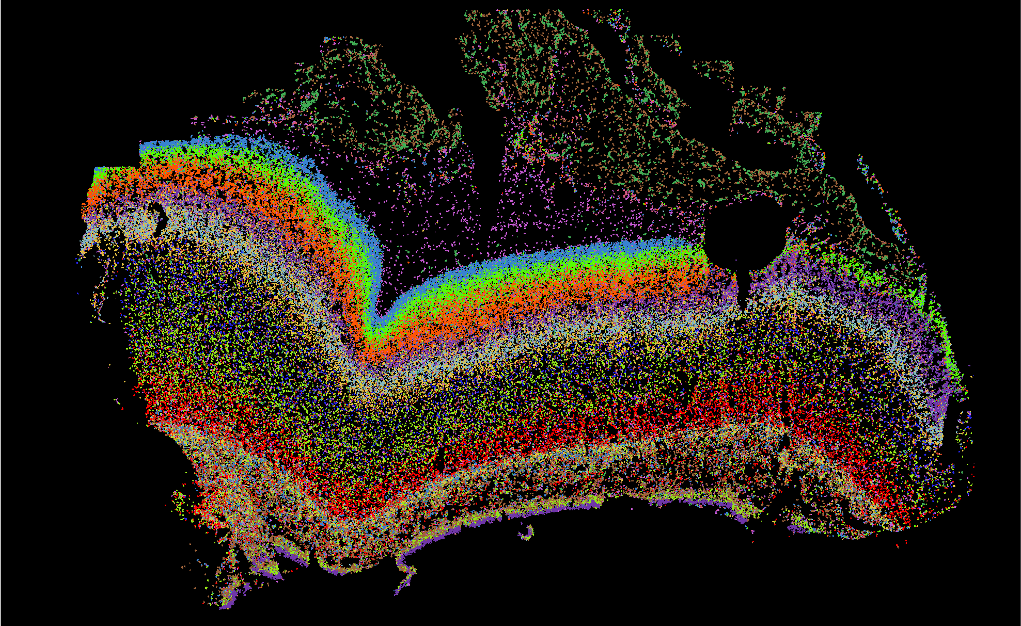
.jpg)
Center
Center for Brain BodyWhat are the mutations and mechanisms that regulate normal development and function of the human cerebral cortex?
Center
Brain Body CenterThe cortex is the largest structure in the brain, essential for the intellectual functions that we humans pride ourselves on. Mutations in the genes that construct our cerebral cortex cause crippling consequences such as epilepsy, autism, and mental retardation or other learning disorders. We have already identified several dozen human disease genes over the past years. Not only are these genes vital for the normal development of the cortex, but some of them also have been altered evolutionarily to allow the unique aspects of the brain that underlie human cognitive abilities.
Research in the Walsh lab suggests that the very genetic changes that underlie human neural specializations can contribute to ASD. Human brains have uniquely evolved, featuring larger size, distinct regional connectivity, and specialized responses to the environment compared to other mammals. These molecular, cellular, and circuit-level adaptations support advanced cognitive abilities, enabling humans to think critically and modify their surroundings.
Gaining insight into how human genetics influence neural traits can help identify which molecular and cellular features are suitable for study in model organisms, as well as guide the interpretation of findings from these models.